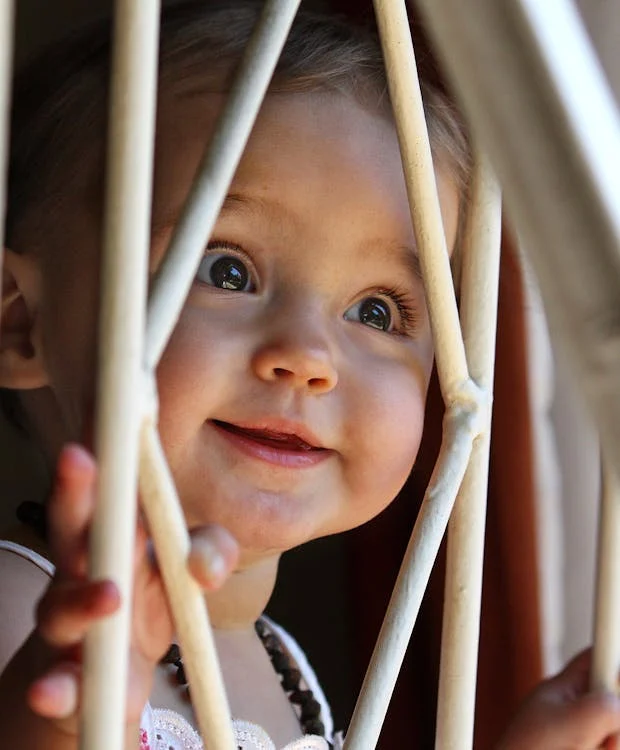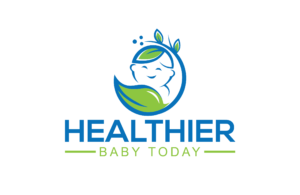Music Baby Development has been proven to have incredible benefits. Let’s dive into the effects infant learning and how it is more than just music. Music has been proven to make babies happy even before birth, so it plays an essential role in their development. Music has a transformative and unifying effect on humans, underscoring its power and importance. However, there is evidence of its impacts on memory and cognitive skills. Listening to songs activates the brain to produce a healthy dose of endorphins.
This is the same with young children. According to neuroscientists, music has numerous long-lasting benefits for babies’ brains. Studies have shown that music impacts babies’ auditory and prefrontal cortexes. This guide will provide a deep insight into the various benefits of music for a baby’s development and infant learning.
Table of Contents
What Effects Does Music Have on Babies in the Womb?

The effects of music on babies in the womb are often referred to as prenatal music exposure. These effects have been a subject of interest and research. The research is ongoing and only partially conclusive. Yet, several studies suggest that music can affect unborn babies. Some of these are explained as follows:
1. Auditory Stimulation
Did you know that fetuses begin to develop the ability to hear around the 18th week of pregnancy? Yes, that’s true.
Playing music to the unborn baby introduces them to auditory stimuli. This provides a form of early sensory experience. Exposure to music in the womb may contribute to the development of the auditory system. As a result, the baby can recognize sounds after birth.
2. Music has an emotional influence
Music can evoke the mother’s emotions. This heightened emotional state can influence the unborn baby. Calming music provides a more relaxed environment for the mother and the baby. A positive emotional environment results in a sense of well-being for the mother. This impacts the baby’s developing emotional and physiological state.
3. Music results in rhythmic stimulation
Some babies in the womb respond to rhythmic patterns in music. The repetitive nature of music can result in fetal movements and heart rate changes. Rhythmic stimulation from music might contribute to the baby’s awareness of patterns and rhythms. This often influences their ability to recognize and respond to auditory cues after birth.
4. Language Development and Infant Learning
Some studies suggest that exposure to music during pregnancy may contribute to language development in infants. Music’s rhythmic and melodic elements often influence early language acquisition. Exposure to language-rich music could promote language learning processing as a child’s brain develops.
5. Fetal Heart Rate and Movement
Music with a moderate tempo has been associated with changes in fetal heart rate. Research has also shown increased fetal movement. The baby may respond to different types of music with varying activity levels. Monitoring fetal response to music may provide insights into their preferences and sensitivities. This allows parents to choose music that supports positive reactions.
How Does Music Soothe Babies to Help Them Sleep?

As explained earlier, music inspires emotions. For this reason, playing music is a practical approach to help your toddler sleep peacefully. You may also include music in the baby’s sleep routine.
Make sure that the music is soothing and relaxing. This creates a calm atmosphere that promotes their sleeping patterns. This translates to sessions of music therapy. The power of a mother or father’s voice can also provide little ones with a calming voice.
How Can Music Help a Toddler Develop Their Social Skills?
Music is crucial in developing a toddler’s social skills by promoting communication. Shared musical experiences can help toddlers learn to connect with others in various ways. Singing together creates a sense of unity. They learn to synchronize their actions to the rhythm. You may allow your toddlers to dance in a group to encourage cooperation and coordination. This helps them understand the concept of sharing a common space.
Participating in musical activities often involves turn-taking. Little ones wait for their chance to sing or play an instrument. This introduces them to the social skill of patiently engaging in a group setting. The give-and-take nature of musical interactions promotes reciprocity. This teaches toddlers the importance of listening to others and responding appropriately.
Music also provides a nonverbal avenue for expressing emotions. As a result, toddlers can share their feelings with peers without needing words. This emotional exchange enhances empathy and understanding among children and strengthens their social bonds.
How Can Music Promote a Baby’s Motor Skills?

Did you know that music can promote the development of a toddler’s motor skills? When toddlers engage with music, they are prompted to move their bodies in coordinated ways. These may be through dancing or playing simple instruments. These rhythmic movements contribute to refining both gross and fine motor skills.
Dancing to music can hone a toddler’s gross motor skills. This encourages them to explore spatial awareness and balance. They learn to navigate their bodies in response to the beat, helping them develop a sense of control and physical confidence. These actions contribute to the overall development of their large muscle groups.
Toddlers can also interact with musical instruments or clap along with the rhythm. Such actions engage their fine motor skills. Handling instruments promotes hand-eye coordination and contributes to the refinement of motor control. These activities offer tactile experiences. As a result, they can develop precision and skill in their small muscle movements.
How Does Music Aid a Toddler’s Emotional Regulation?
Music is also essential for regulating a toddler’s emotions. Melodic tunes and rhythmic patterns create a sensory experience that can influence a child’s emotions. Calming melodies can help these little children develop a sense of tranquility and comfort, which aids in regulating stress or anxiety.
Musical expression can also help them learn to associate certain sounds with specific emotions. This connection between music and emotions provides babies with a nonverbal outlet for expressing their feelings and becomes a tool for them to navigate their emotional experiences.
Engaging with music also introduces toddlers to the concept of rhythm and predictability. Little children love the idea of predictability. The steady beat of a song can serve as a stabilizing force. This helps toddlers establish a sense of routine and structure. This predictability contributes to a toddler’s ability to anticipate and regulate their emotional responses. For this reason, they can develop a sense of security and emotional well-being.
Music Baby Development: More than a Song

Infant learning can start with music. This guide has explained the power of music on toddlers’ development. Music impacts their ability to connect. Songs influence brain circuits associated with trust and cooperation. We can find the impact of music everywhere and in all cultures. Music also helps babies develop their motor skills.
Music is a language of emotions for little ones. It offers them a means to express their feelings and improve their social skills. This emotional resonance contributes significantly to their developing capacity for self-regulation and provides a deeper understanding of their emotional landscape. You should start playing music with your toddlers!


